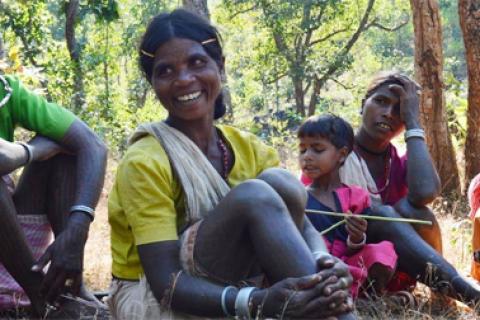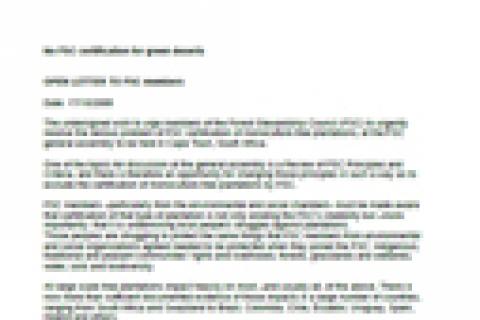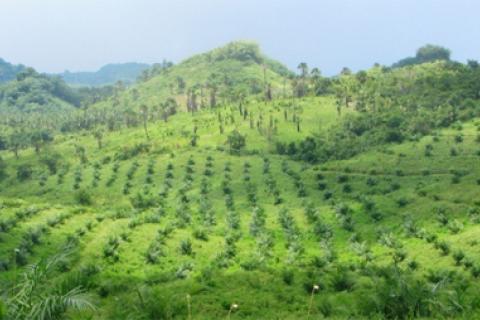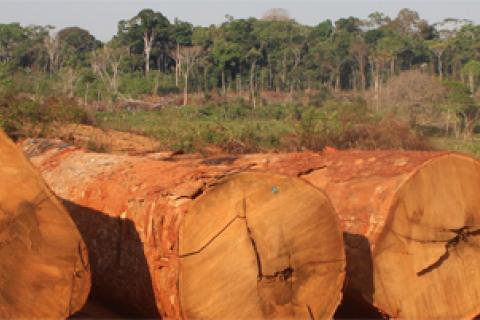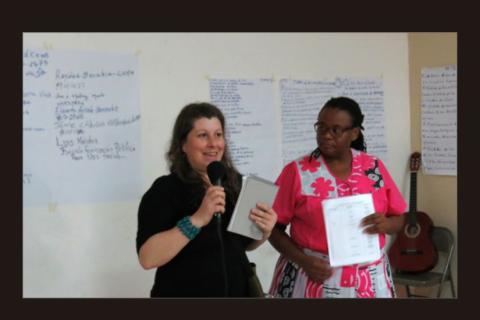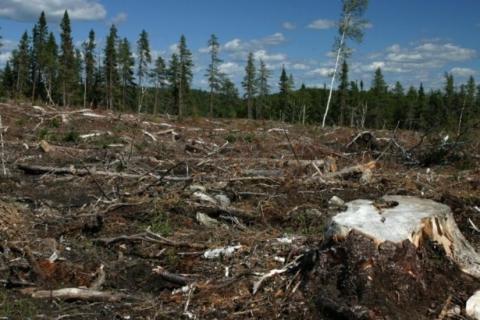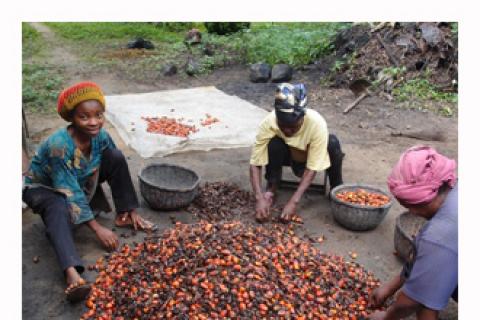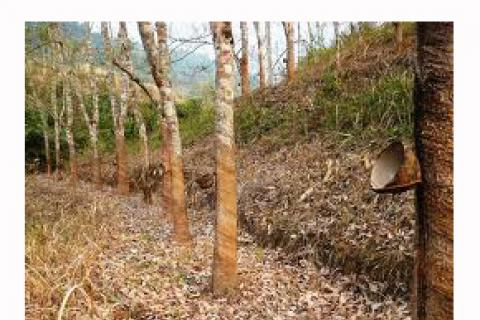Other information
Mr. Chairman, Executive Secretary, Your Excellencies,
Oct 15, Statement of the CBD Alliance, Plenary session at the High Level Segment - COP12.
My name is Choony Kim, I represent the Korean Civil Society Network on the CBD, and am a board member of the CBD Alliance, which is the formal network of civil society organisations engaged in the discussions on the CBD and biodiversity related issues. Thank you for giving me the opportunity to share some of the concerns and recommendations of civil society at this occassion.
Herrn Minister Gerd Müller
Bundesministerium für wirtschaftliche
Zusammenarbeit und Entwicklung (BMZ)
Stresemannstraße 94
10963 Berlin
Frau Ministerin Dr. Barbara Hendricks
Bundesministerium für Umwelt, Naturschutz,
Bau und Reaktorsicherheit (BMUB)
Stresemannstraße 128 - 130
10117 Berlin
Sehr geehrte Frau Ministerin Hendricks,
Also available in Deutch
Minister Dr. Gerd Müller
Bundesministerium für wirtschaftliche
Zusammenarbeit und Entwicklung (BMZ)
Stresemannstraße 94
10963 Berlin
Joint IPs/Farmers Coalition Hits Oil Palm Expansion in Palawan
A press release by the Coalition against Land Grabbing (CALG), 13 October, 2014
Ony available in Spanish.
Más de 100 personas entre estudiantes, ambientalistas, activistas sociales y dirigentes comunitarios, se congregaron el domingo 21 de septiembre en inmediaciones de la vereda El Manzano 20 kilómetros al suroriente de Pereira. La cita era en el marco de la jornada mundial contra los monocultivos forestales, justo en esta zona rural donde la multinacional Smurfit kappa Cartón de Colombia acapara grandes extensiones sembradas en eucaliptos y pinos.
Only available in Portuguese.
Download the full letter as pdf
Montevideo, 30 de setembro de 2014
Producing cheap palm oil comes at a high price: destruction of rainforests, labour exploitation, and brutal land grabbing. With lands in Indonesia and Malaysia becoming more difficult for palm oil companies to acquire, attention is shifting to Africa as a new frontier for low cost palm oil production for export.
